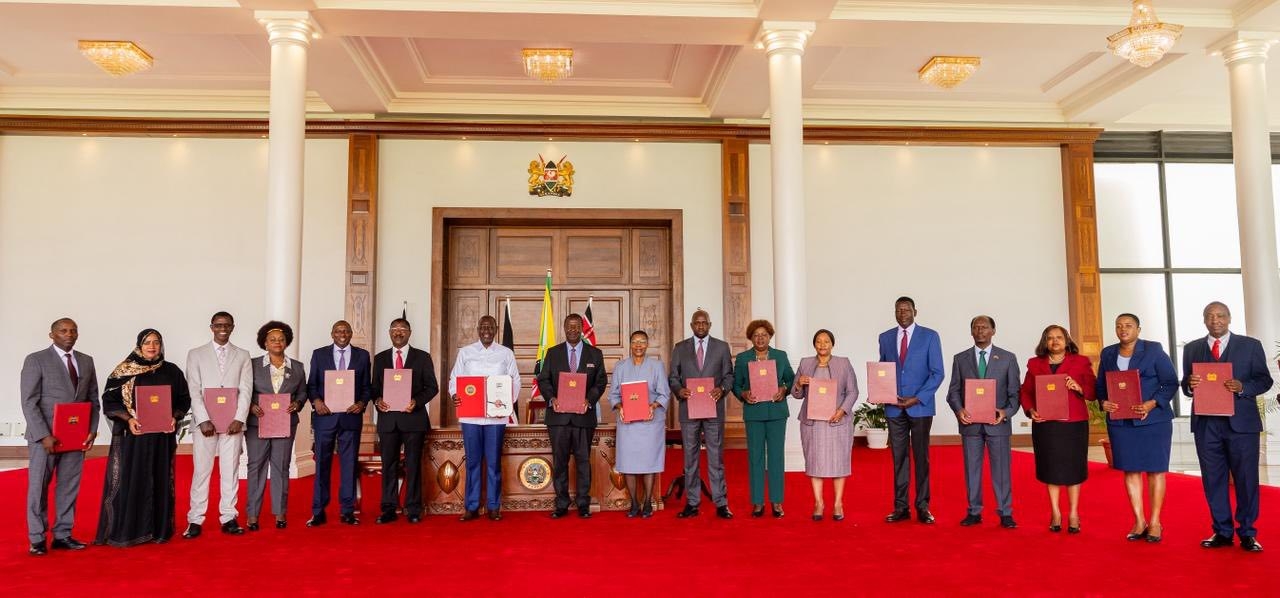The Kenya National Union of Teachers in collaboration with UASU and Kuppet shall be holding a National Stakeholders Conference on Funding and Commercialisation of Education in the country.
From November 2022 to January 2023 the stakeholders explored the privatisation and commercialisation of education in Kenya and are holding the conference to share their resolutions from the study.
The Conference is taking place at the Kenya Institute of Curriculum Development offices in Nairobi.
Main objectives of the study was to identify forms and extent of privatisation and commercilisation of education in Kenya and map out hot/specific spots where low-cost for-profit education activities are thriving.
It was also aimed at identifying the key players, including corporations and other actors in edu-business in Kenya; and Examine how low-cost for profit and profit- based academies undermine the rights of teachers and Education Support Personnel (ESPS.)
The study employed mixed methods research design. Five counties (Nairobi City, Kisumu, Nakuru, Uasin Gishu, Mombasa) were sampled and the study obtained both qualitative and quantitative data, analysed and reported accordingly.
The key findings of the survey showed that causes of privatisation and commercialisation of and education in Kenya are diverse.
The findings showed that Covid-19 slowed the rate of privatisation and commercialisation in Kenya due to lack of revenue to the private sector players.
It also showed hot/specific spots where low-cost for-profit education activities are thriving in Kenya are mainly in informal settlements, agricultural productive regions.
Additionally, key players and actors in for-profit education provision in Kenya include local business leader.
The findings also showedthr that rights of teachers and Education Support Personnel (ESPs) are highly violated.
It was also evident that the government has less than 4 per cent of public schools in the urban informal settlements.
University of Nairobi Department of Education Studies lecturer Joash Migosi said for the country to maintain the momentum on the gains made in the education front, it is important that it commits itself more in funding education since it is a public good.
Migosi said education is a basic human right enshrined in the Universal Declaration of Human Rights of 1948.
"Education is at the heart of the 2030 Agenda for Sustainable Development. Article 43(f) of the Constitution of Kenya (2010) and article 53.1(b) provides that every child has a right to free and compulsory basic education," he said.
Migosi said it is the responsibility of the government, therefore, to provide quality basic education to every child.
He said profit-making activities in education undermine children's right to education.












